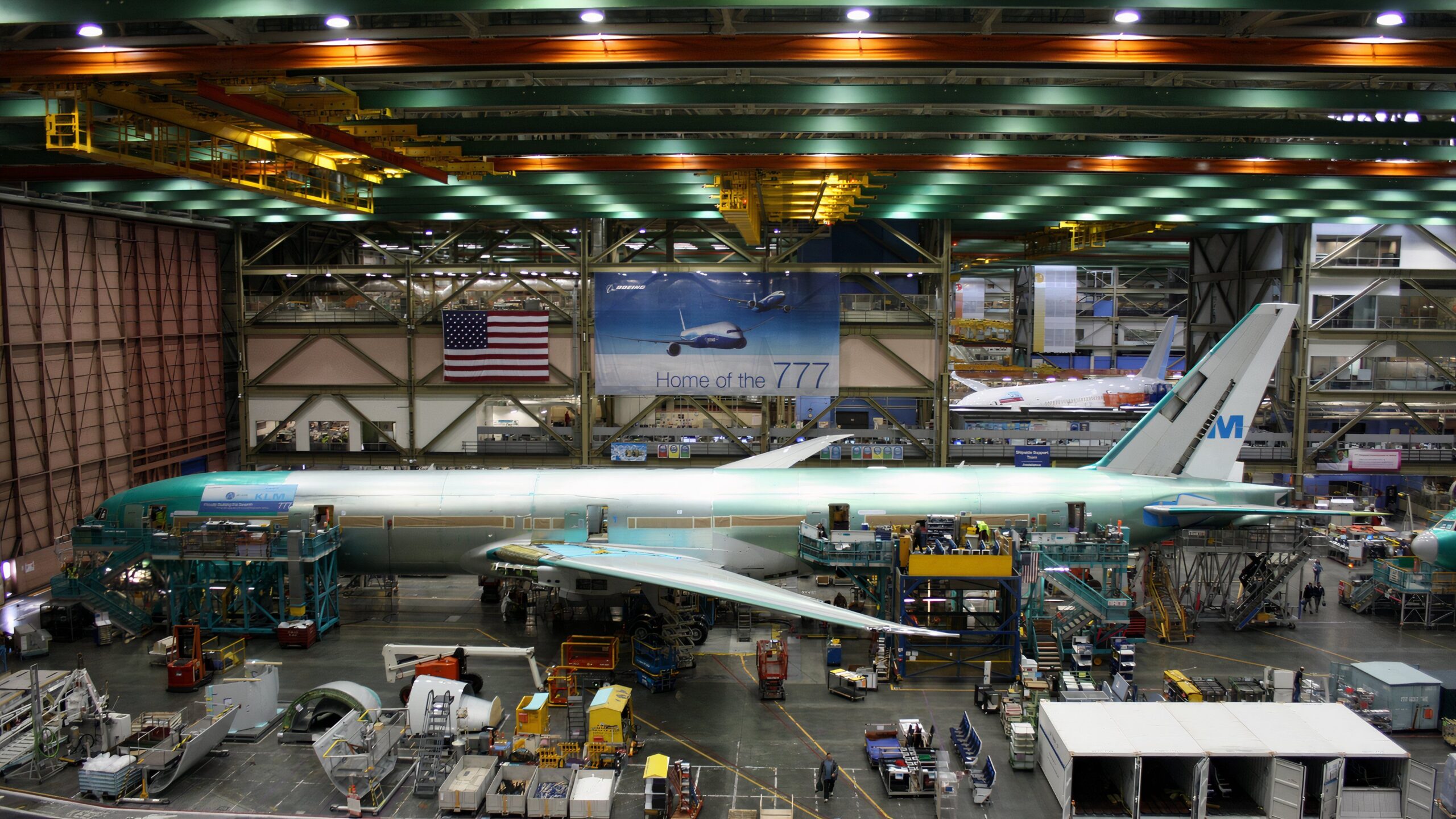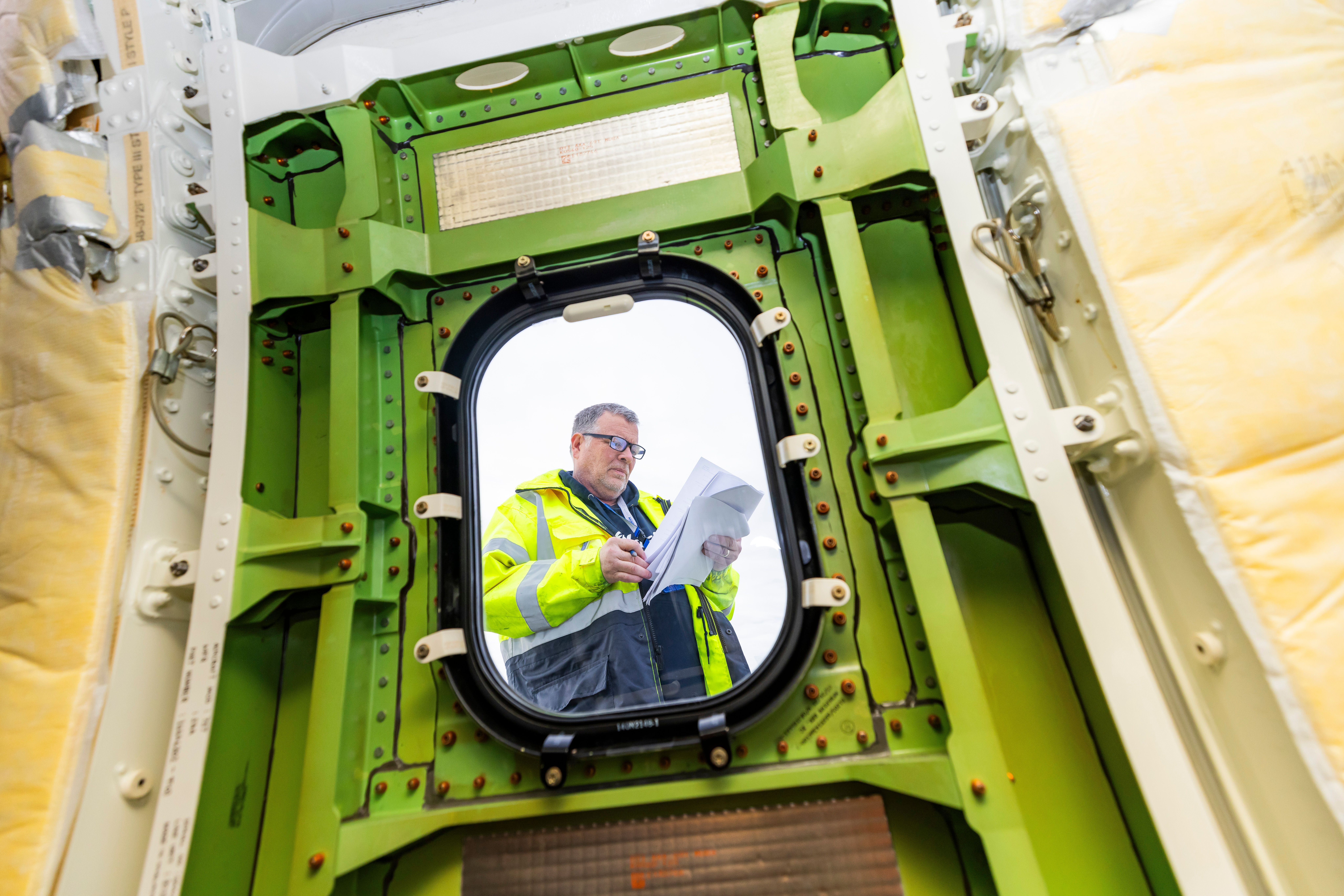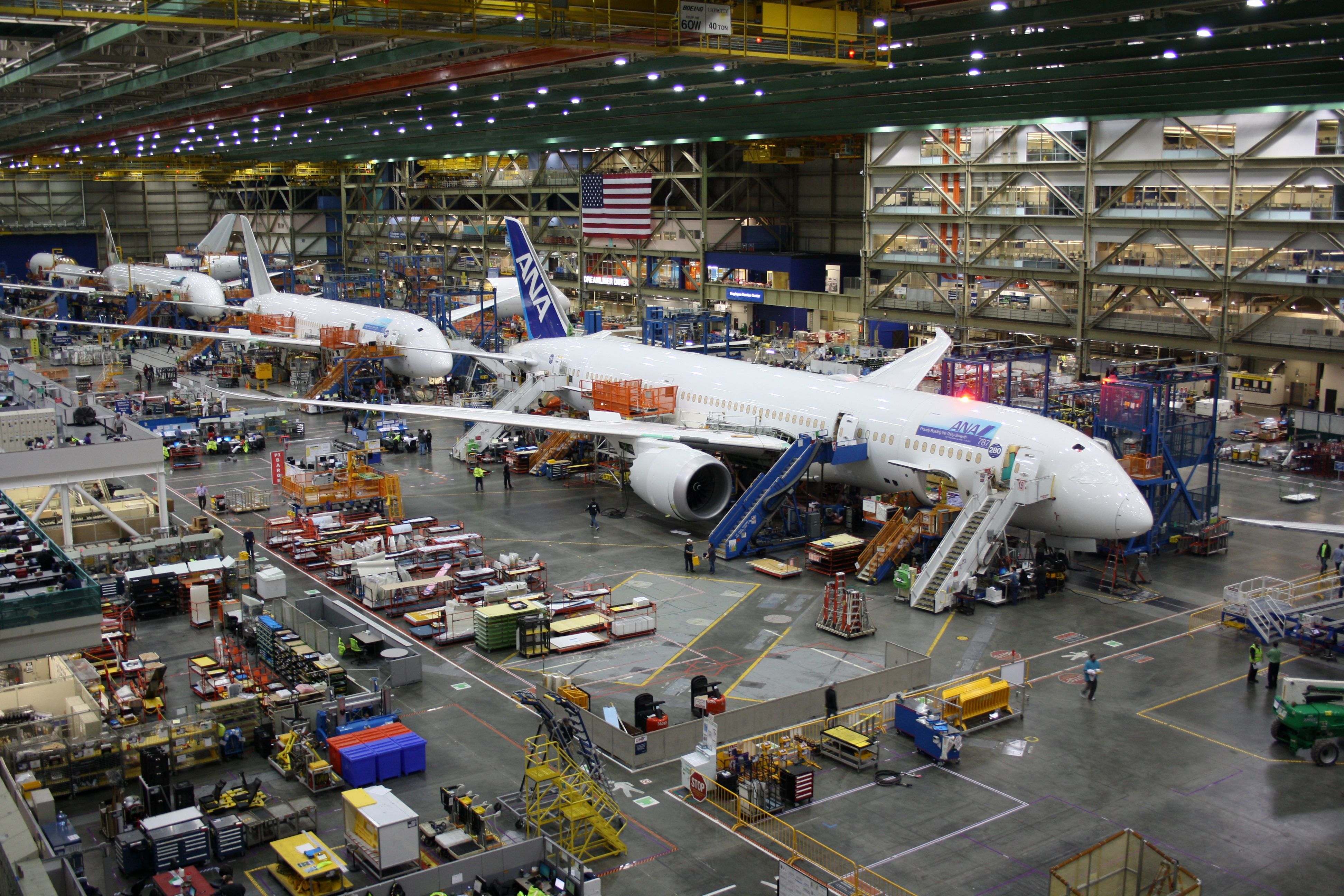American plane manufacturer ![]() Boeing
Boeing
is starting to feel the heat. Its latest strike could cost the manufacturer in excess of $1.4 billion. 33,000 Boeing machinists walked off the job two weeks ago, and the manufacturer is bracing for financial impact.
Boeing has implemented cost-saving measures as it undergoes a hiring freeze. It is currently offering temporary furloughs for general staff and shaved leadership teams’ potential pay rises. Lobbying firms have noted that the manufacturer is doing as much as possible to reserve cash since the machinists downed tools on September 13.
Meeting this past Friday to negotiate
The International Association of Machinists (IAM) and Boeing were set to meet on Friday, 27, to discuss both parties’ demands, but it appears that the two are still at different ends of the playing field, with differing ideas around wage increases, pensions, and overall workload. This has put even more strain on the manufacturer, which has faced headwinds all year financially and reputably with the grounding of the Boeing 737 MAX 9 after encountering a door plug issue on an ![]() Alaska Airlines
Alaska Airlines
flight earlier this year.
Photo: Ingrid Barrentine | Alaska Airlines
Anderson Economic Group, a US consulting firm, has estimated that the current strike will cost Boeing more than $1.4 billion. This figure is determined by strain on the manufacturer, employees, and direct suppliers.
Plenty of orders backlogged
Boeing’s books have a large backlog in orders, and the manufacturer’s shareholders will bear the current knock-on effects of the strike. Direct costs to Boeing’s employees are estimated to be around $207 million alone. Patrick Anderson, principal and CEO of Anderson Economic Group, explained:
“The company’s large backlog of orders and the fact that it is losing both current production and future parts and service business mean that Boeing shareholders are effectively incurring losses every day this strike continues. Boeing workers on strike are also losing, and as the strike goes on, more of Boeing’s suppliers will be forced to cut wages and hours.”
Costs incurred from the first week of the strike are already estimated to exceed $572 million. While the union members have overwhelmingly voted to reject the initial contract proposal, the IAM has kept its foot down, refusing to vote for Boeing’s ‘best and final’ offer this week, which included a 30% pay rise and a $6,000 contract ratification bonus.
Photo: Coby Wayne | Shutterstock
Boeing had initially given the Union until midnight Friday this week to vote on the proposal. However, Boeing backed down on that timeline after the Union noted it was untenable as the proposal didn’t meet the needs of its members. For those unaware, the Union’s current members have struggled with just an 8% wage increase in the last decade despite high inflation and increased cost of living in recent times. The Union released this statement, as reported by The Hill:
“After a decade of hard work and sacrifice to keep Boeing flying high, the company’s leadership rewarded themselves with record bonuses, while the workers who built those planes and carried the company through its darkest times, struggled to make ends meet.”
Photo: First Class Photography | Shutterstock
Boeing’s Chief Executive Officer, Brian West, sent out an email to all staff this week, noting that ‘business is in a difficult period’; however, it remains dedicated to its people and noted:
“This strike jeopardizes our recovery in a significant way and we must take necessary actions to preserve cash and safeguard our shared future,” said West, who noted the company is “working in good faith to reach a new contract agreement that reflects their feedback and enables operations to resume.”
Otherwise, the aircraft manufacturer has refused to comment further on current negotiations with its machinists.




